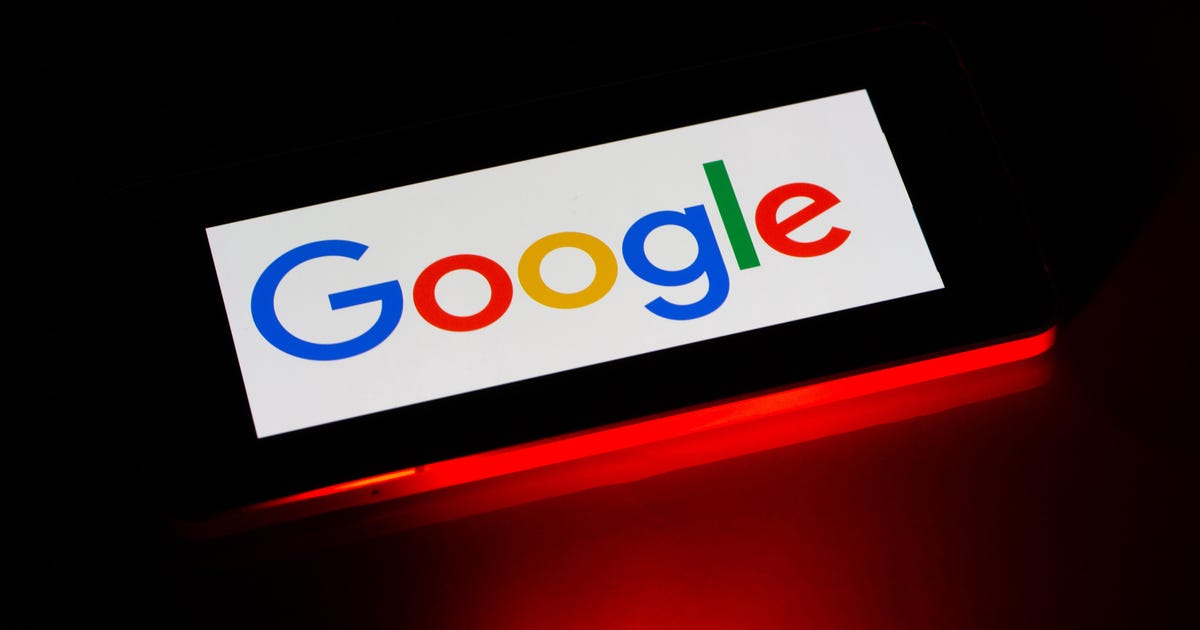This puts Australia with Europe and the United Kingdom, where authorities are attempting to prevent Alphabet Inc's business from outbidding competing marketers using data gathered from internet searches.
The Australian Competition and Consumer Commission has called for new powers to limit Google's use of internet data to sell tailored advertising, joining other authorities in claiming that the company has a monopoly on the market that is harming publishers, advertisers, and consumers.
The remarks, made in a study released on Tuesday, position Australia with Europe and the United Kingdom, where authorities want to ban Alphabet Inc from outbidding competitor marketers by leveraging data gathered from internet searches – including on maps and YouTube – to distribute marketing material.
According to media reports, the US Justice Department is drafting an anti-trust case accusing Google of abusing its market power to stifle advertising competition. In a Reuters interview, Australian Competition and Consumer Commission (ACCC) Chair Rod Sims said, "The Europeans and the UK are consulting on similar rules at the moment, and we're going to be seeking to coordinate with them over the coming year."
“I don't believe we're too far behind” Google announced earlier this year that it was considering pulling key services from Australia due to a rule – again proposed by the ACCC – requiring it to pay media firms for material that generates visitors to its search engine. It eventually signed partnerships with the majority of the major media outlets.
Following the publication of the study, Google stated that its advertising division supported over 15,000 Australian employment and contributed $2.45 billion to the Australian economy each year. As one of Australia's many advertising technology suppliers, we will continue to collaborate with industry and authorities to maintain a healthy advertising environment, according to a spokesman.
The government will evaluate the report's conclusions and suggestions, according to Treasurer Josh Frydenberg, who commissioned it.
‘BETTER INTERNET'
While the US Justice Department is expected to pursue Google under current competition rules, the ACCC stated in its 200-page report that Google's dominance of online advertising in Australia was so established that existing regulations were insufficient to prevent anti-competitive behavior.
According to the commission, more than 90% of clicks on Australian online advertisements in 2020 were at least partially due to one of Google's services. The ACCC stated that the US business benefitted from enormous volumes of internet user data via its search engine, mapping, and YouTube video streaming services and that it was required to publicly disclose how it utilized that data to sell and show advertising.
It also wants special powers to address the imbalance in advertiser access to consumer data, such as enacting a rule prohibiting a company from using data collected by one part of its business to sell targeted advertisements via another part of its business without a competitor benefiting from the same way.
Sims predicted that the global drive to tighten regulation of Google's ad business would enhance the likelihood of collaboration between the company and the regulator.
“I simply believe people can understand what's going on, and it's in their interests that these regulations are harmonized (across nations) and that they're properly thought out,” he added in the interview.
“We don't want to hinder innovation, and we don't want to have any negative consequences; we simply want to foster competition and lower entry barriers so that consumers have a better internet, and corporations don't have to pay too much.”

